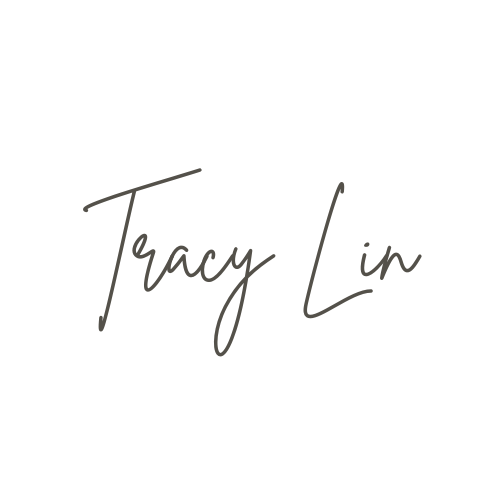Getting out of autopilot
“Did you get your cookie snack?”
My husband was referring to the cookies gifted to us a few days ago. We were about to unwind for the night.
The past few nights I would have a cookie with him. We would lounge on the couch after baby went to bed and chat while eating these cookies.
But I didn’t like the cookies—they were too sweet.
My body had been telling me, “Hey, we don’t like this. This doesn’t feel good.”
But my brain kept saying things like:
“It’s not a big deal”
“Eating makes us more connected”
And I was listening to my brain and overriding my body’s consent and knowing.
Until my body asked, “Can you listen to me?”
I finally paused to look at the reasons I was eating the cookies on autopilot.
“It’s not a big deal”
Actually, it is, because my body feels better with limited sugar intake. Every time I’ve felt out of control with sugar started with an innocuous habit like having a sweet treat with tea.
“Eating makes us more connected”
Actually, it doesn’t, because connection has nothing to do with eating the same thing. I can feel connected to my husband without eating a cookie with him.
In saying It’s not a big deal, what I was hungry for was the ease of not caring about what I eat. But I do care about what I eat and just didn’t want to exercise discipline in the moment. By choosing the false ease of not caring about what I was eating, I was creating less true ease in my body.
In saying Eating makes us more connected, what I was hungry for was connection through eating. But I’d secretly blame my husband for “dragging” me into eating cookies. Because taking responsibility for my decision meant experiencing my own disappointment of myself. By choosing false connection in the moment, I was creating less true connection in myself and in my marriage.
“Nah, I’m good” I answered. (If I lost you, we’re now back at the beginning of the story, lol).
I sat with the urge to relieve the sense of deprivation I felt as he went to get himself a cookie.
We still had a nice chat, but this time, I didn’t have the extra mind-body tension around why I was eating something I didn’t want to eat.
In its place, I had peace with my body, mastery over my mind, and connection with my husband.
Takeaways:
1.
False pleasure comes from choosing short-term gratification at the expense of long-term well-being. It’s flippant about what actually matters to you.
True pleasure comes from prioritizing long-term well-being in the short-term. It’s intentional about what actually matters to you.
Do you know which decisions are which?
How will you support yourself to choose what matters to you when false pleasure disguises itself as true pleasure?
2.
Nothing changes until you decide to change. Nobody else can change for you.
Which decisions do you have on autopilot that aren’t supporting the type of person you’d like to be?
What do you need to tweak to make those decisions intentional?
If you want support in building an internal resource of support to choose true well-being, getting out of auto-pilot and into intentional decision-making, and/or identifying what really matters to you, let’s chat.
